
OR
Dr Govinda KC’s fast
Our concern following the 12-point understanding between government representatives and Dr Govinda KC—who had been on his 10th fast-unto-death for 22 days before he broke his fast on Sunday—is that the depressing past trend of not following through on agreements with Dr KC could be repeated. Following his 10th hunger strike, Dr KC has already said that he would not hesitate to once again put his life on the line, if it comes to that. We are hopeful that Dr KC will never again have to take such desperate measures.
But this can only happen if there is sustained pressure on the government, by the media most importantly, to act. The government has promised a high-level commission, within two weeks, to investigate the charge of misuse of office against the vice-chancellor of Tribhuvan University, Tirtha Khaniya. Dr KC’s other main demand, that the dean of the Institute of Medicine (IOM) be appointed on seniority basis, has already been met. If the government sticks by the 12-point accord, all future appointments in vital public institutions like IOM will be made on strict merit basis.
There are other worthy points in Sunday’s agreement. For instance MBBS fee for medical colleges in Kathmandu valley has been capped at Rs 3.85 million while those outside the valley will be able to charge a maximum of Rs 4.24 million. That is not all. To ensure that these medical colleges are not cheating, the first installments of the MBBS/MD fees are to be deposited directly into the bank accounts of respective colleges. Likewise, the proposal to establish IOM, the body responsible for both granting affiliations to medical colleges and monitoring them, will be tabled in TU senate within three weeks. Dr KC rightly argues that IOM, which is directly or indirectly responsible for the health and wellbeing of millions of Nepalis, should be at arm’s length from politics. Before political parties started meddling in the institute following the 1990 democratic changes, the Tribhuvan University Teaching Hospital (TUTH) under the institute was known as among the finest medical colleges in South Asia. Dr KC wants to return TUTH back to those glory days. The passage of the National Medical Education Policy (2016), which is currently on the parliament table, will do just that.
Since the recommendations that have been included in the proposed policy have been endlessly discussed, and have been found in public interest, there is no reason for the parliament to sit on it. More medical colleges in rural areas where they are needed the most, greater transparency and accountability in these traditionally opaque institutions, a more qualified medical manpower—the country would have gone a long way towards ensuring this if the parliament passes the bill. Dr KC’s crusade to bring quality and affordable medical care to each and every Nepali, and to dismantle the rent-seeking medical mafia in the process, is truly one-of-a-kind. It shows how one person, armed with no more than his unshakable conviction in the purity of his intent and in the power of non-violent satyagraha, can bring about sweeping social changes. What an inspiration!
You May Like This
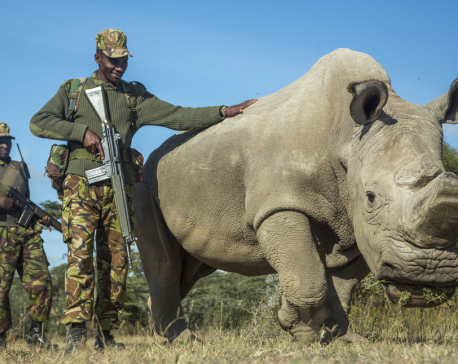
World's last male northern white rhino, Sudan, dies
The world's last male northern white rhino,Sudan, has died after "age-related complications," researchers announced Tuesday, saying he "stole the heart... Read More...
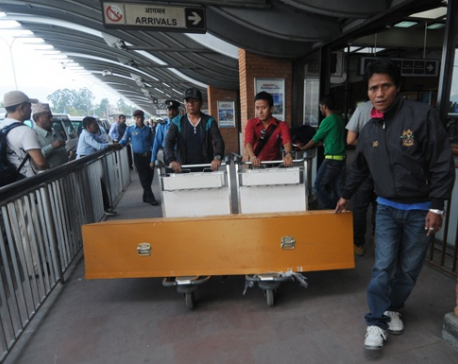
16 Nepali migrant workers died in last fiscal year
PANCHTHAR, Oct 11: As many as 16 youths from the district who had gone abroad for foreign employment died in... Read More...
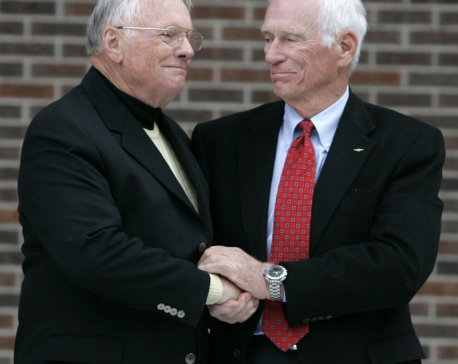
Gene Cernan, last astronaut to walk on the moon, dies at 82
HOUSTON, Jan 17: Astronaut Gene Cernan traced his only child's initials in the dust of the lunar surface. Then he... Read More...





Just In
- Nepalgunj ICP handed over to Nepal, to come into operation from May 8
- Nepal to gift two elephants to Qatar during Emir's state visit
- NUP Chair Shrestha: Resham Chaudhary, convicted in Tikapur murder case, ineligible for party membership
- Dr Ram Kantha Makaju Shrestha: A visionary leader transforming healthcare in Nepal
- Let us present practical projects, not 'wish list': PM Dahal
- President Paudel requests Emir of Qatar to initiate release of Bipin Joshi
- Emir of Qatar and President Paudel hold discussions at Sheetal Niwas
- Devi Khadka: The champion of sexual violence victims



_20240423174443.jpg)





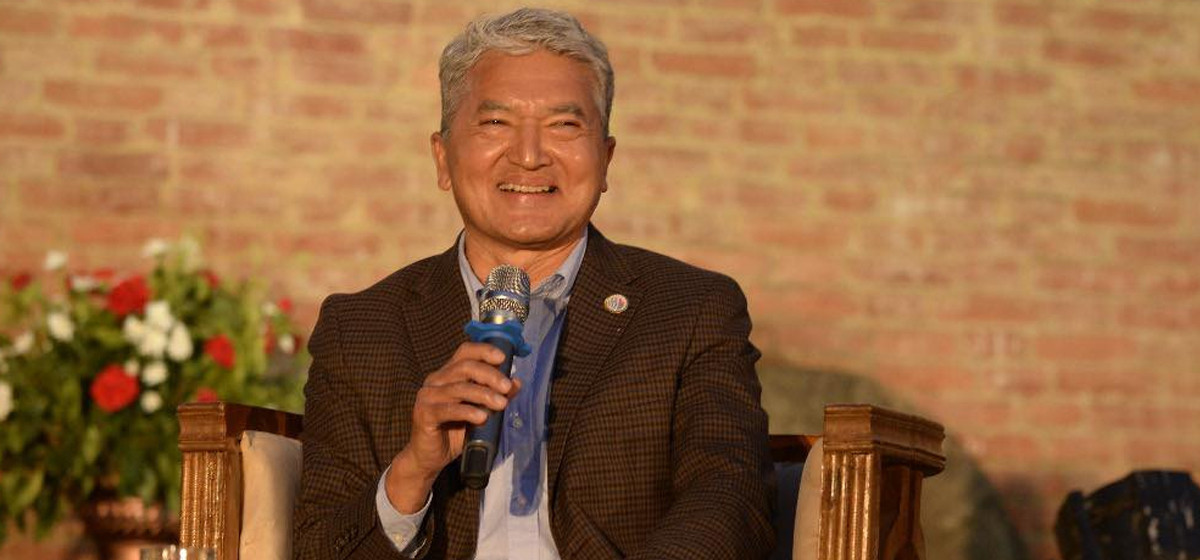
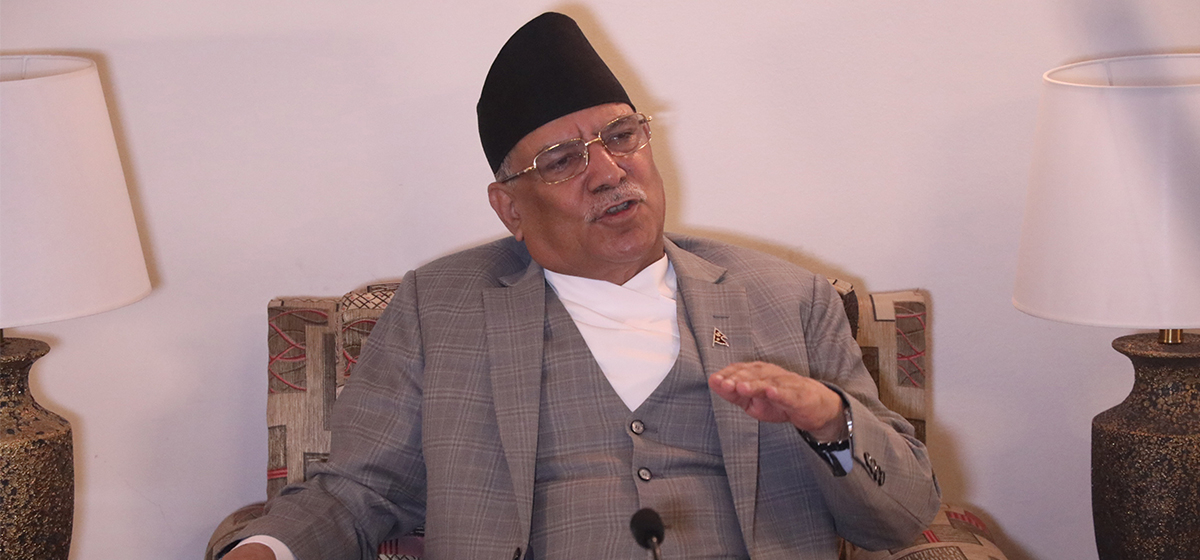

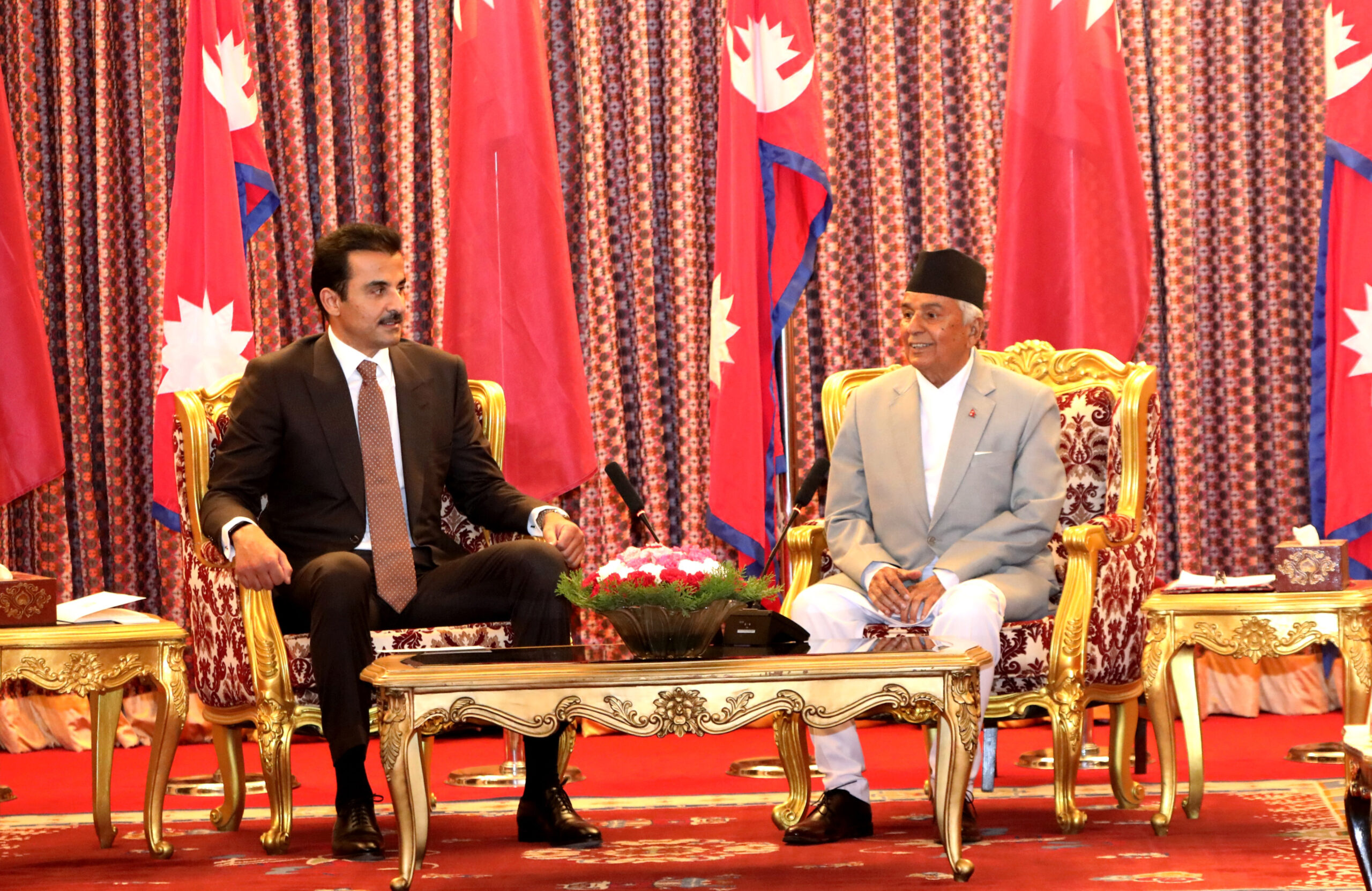
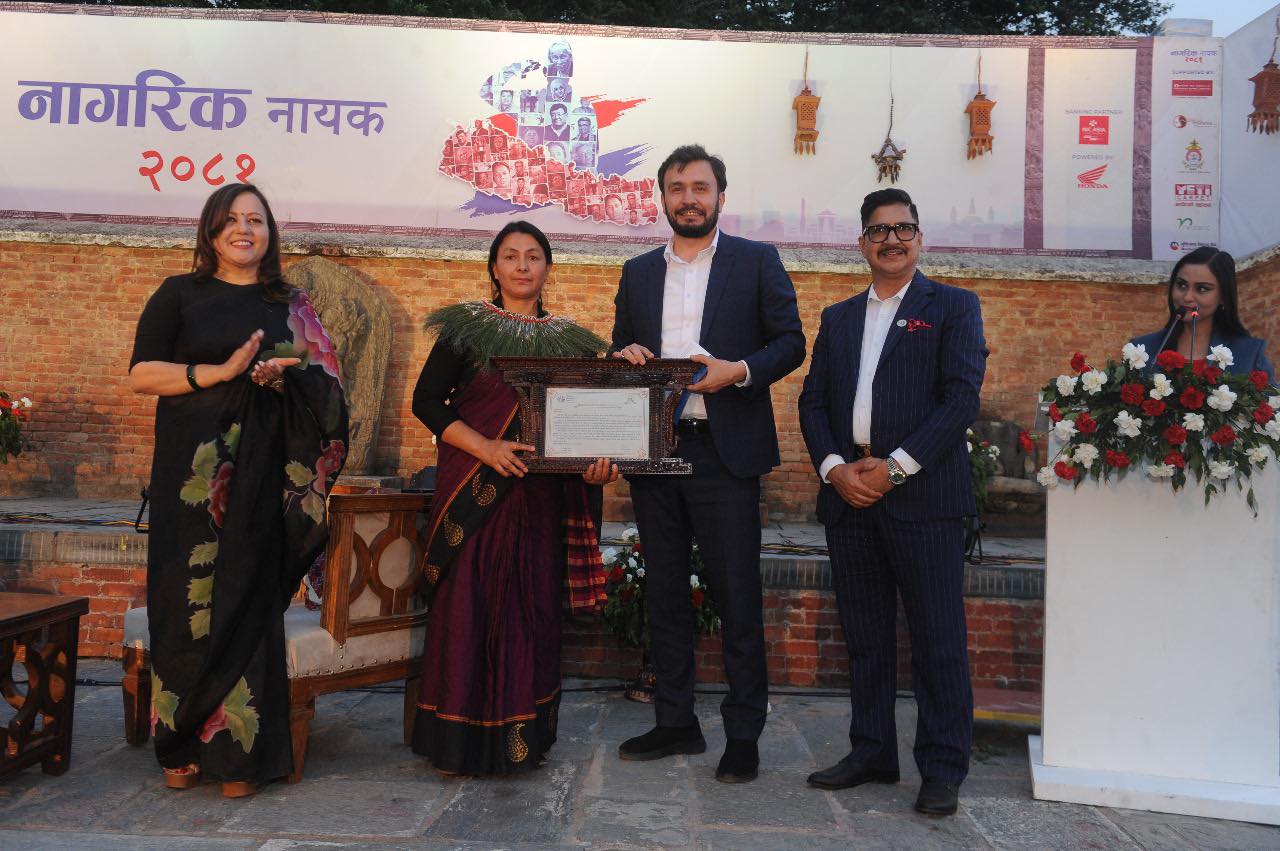
Leave A Comment